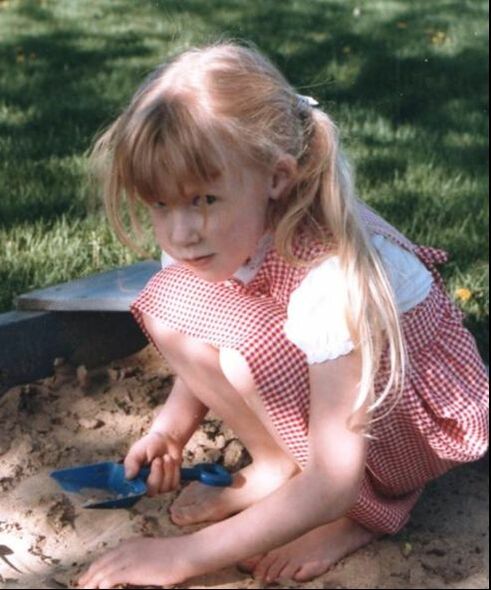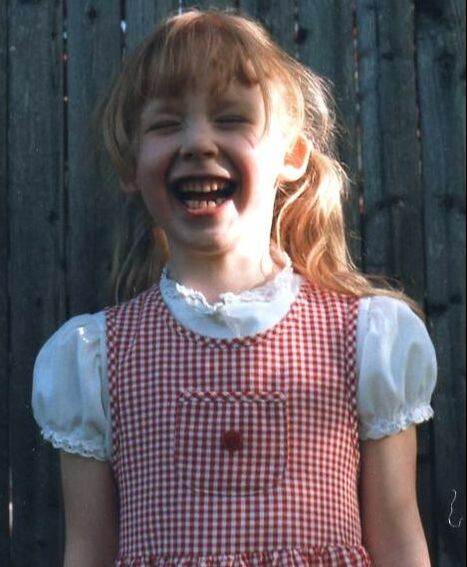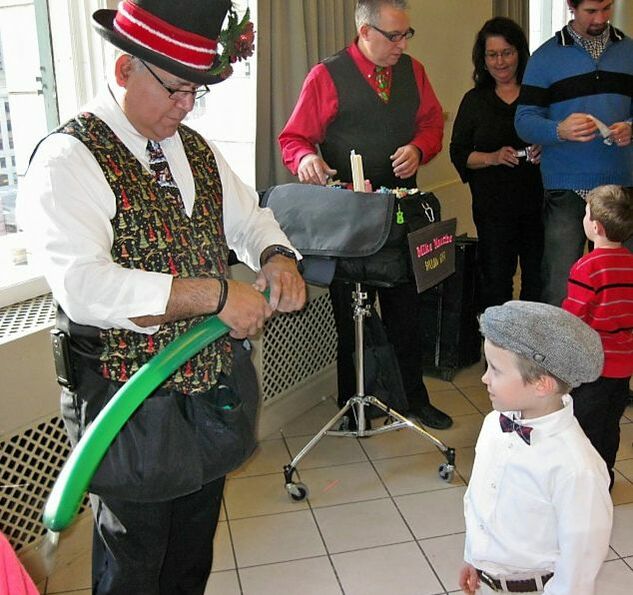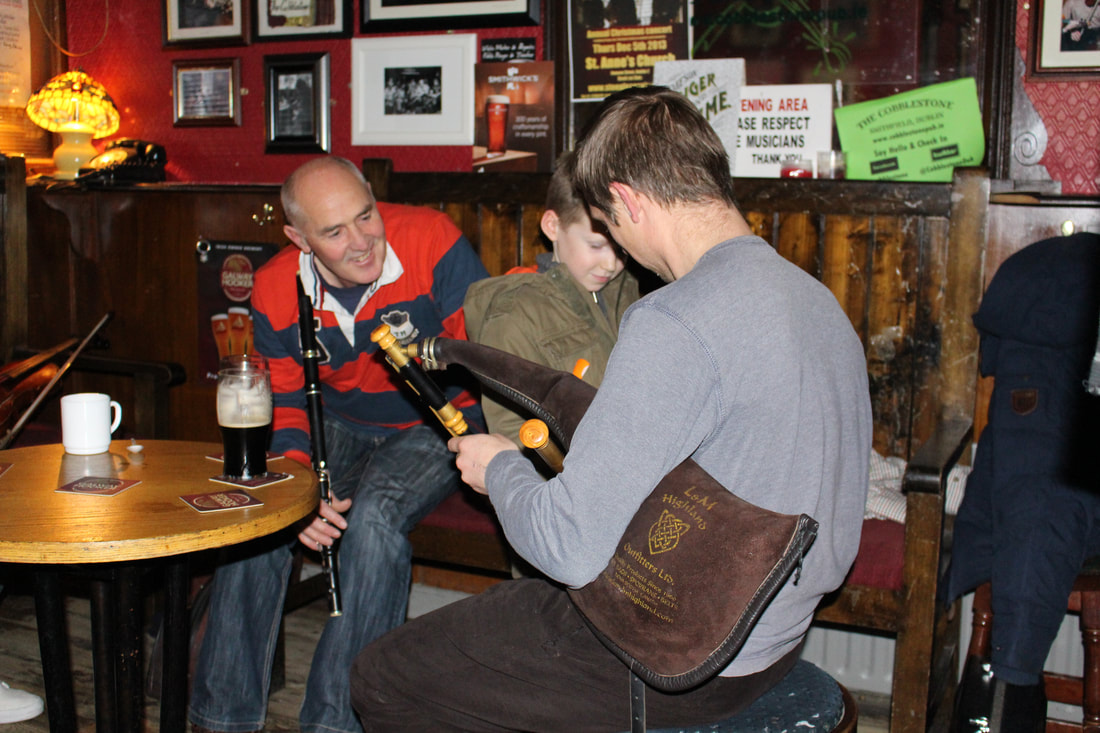|
Well, that's a bold title. Yes, this somewhat nervous adult who as a child wouldn't talk to anyone is asserting that our thoughts about stranger danger should be re-evaluated. Is it true that there are dangerous people out there who you want to keep from interacting with your children? Absolutely! Is keeping them from talking to anyone the answer? Absolutely not! Let me first tell you about me as a child. I was confident with my family but get me out with strangers and I would clam up, make a sour face, and hide behind my parents. Sometimes there was an audible grunt as I swished behind my mother's skirts in an effort to avoid people. My mother found this behavior unacceptable for obvious reasons. Most of these people were strangers to me but known to her. They were other church members, neighbors, and extended family who wanted to greet me. One of the many things I appreciate about my mother is that she listened to me and tried to understand me, so in this instance, she asked me with a sincere desire to understand, "Why do you act like this when people talk to you?" I explained that I didn't know what to say. Seeing a solvable problem my mom hatched a plan. She explained that most adults who wanted to talk to me were only being polite. They weren't expecting a deep discussion or anything other than just a polite response. The next step in her plan was to give me a script and role-play with me. The script was made up of the most common things peolpe said to me. She went over the conversation with me then we role played. Mom acting as stranger: "Hi!" Me: "Hi." Mom acting as stranger: "What's your name?" Me: "Edy." Mom acting as stranger: "How old are you?" Me: Four Mom acting as stranger: "That's a pretty dress you're wearing." Me: "Thanks." By that point, the adult had usually ended the conversation with me and was back talking to my parents. She taught me the importance of talking loudly enough to be heard and looking at people. We read the Richard Scarry manners book which states, "Good manners make a person nice to know. " So how does this apply today? How did it change how I raised Logan? Well, I should first point out that Logan is very outgoing and has been since he was little, but that doesn't mean he always knows what to do. We've always encouraged him to order for himself, ask a store employee where something is located, or greet neighbors. We believed that talking to strangers is important because it put Logan out of his comfort zone. How is this person going to react? What do I say? After watching him in action we have see it build confidence because when work happens outside our comfort zone, growth takes place. Okay, okay - reign it in, Edy. What about safety? What about Stranger Danger? Talking with your kids about strangers and teaching them how to interact in the world is the safest course of action you can take. Let's look back at that conversation practice with my mom. The conversations we rehearsed for always took place with her nearby. I knew that she knew the person and that their main focus was not on me. If there was someone who was creepy or I found to be disturbing in some way, I would avoid them and she wouldn't make me interact with them. She didn't make me sit on people's laps or go with people I was scared of. The interactions we rehearsed helped me be safe. It also helped me learn to read people and their interest in what I have to say. There was also an incident where our practice helped the whole family. One evening we were driving to Windsor, Canada for dinner at one of our favorite places. There had been several kidnapping cases recently so the border guards were particularly tough that night. They looked at me sitting in the front seat between my parents (this was totally legal in the 80s) and asked, "Little Girl, are these your parents?" My parents prayed that I wouldn't give my nervous stock answer to a question that wasn't on the script - a whiny, "I don't knooooooow." Fortunately for all of us, I said, "Yes," and we were on our way to dinner. The worst thing you can do for your kids is to scare them with the idea that everyone in the world wants to hurt them. Depending on where you live, 99.9% of the people you will meet will be fine. Scaring them out of interacting with the 99.9% leaves children feeling anxious and alone, something we are seeing exponential increases in among today's children. Training your children how to interact with the good people will train them how to deal with the bad. The following are some ground rules you can lay out. I learned a lot of this from Free-Range Kids: Giving Our Children the Freedom We Had Without Going Nuts with Worry by Lenore Skenazy. I highly recommend this book for all parents.
You can find excellent resources and and research that supports these ideas at letgrow.org. I would love to support you as you work with your child to be confident and connected to their community. Comment below with your thoughts!
0 Comments
Leave a Reply. |
"A jack of all trades is a master of none, but oftentimes better than a master of one." Archives
May 2020
Categories
All
|
AdventuresGet in Touch |




 RSS Feed
RSS Feed